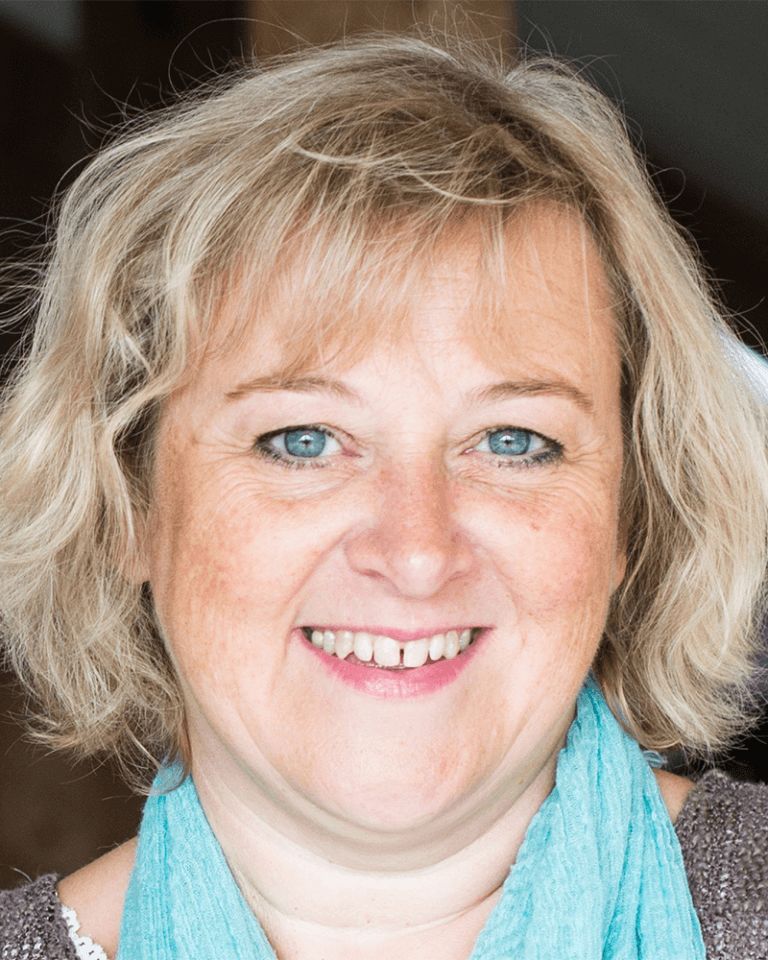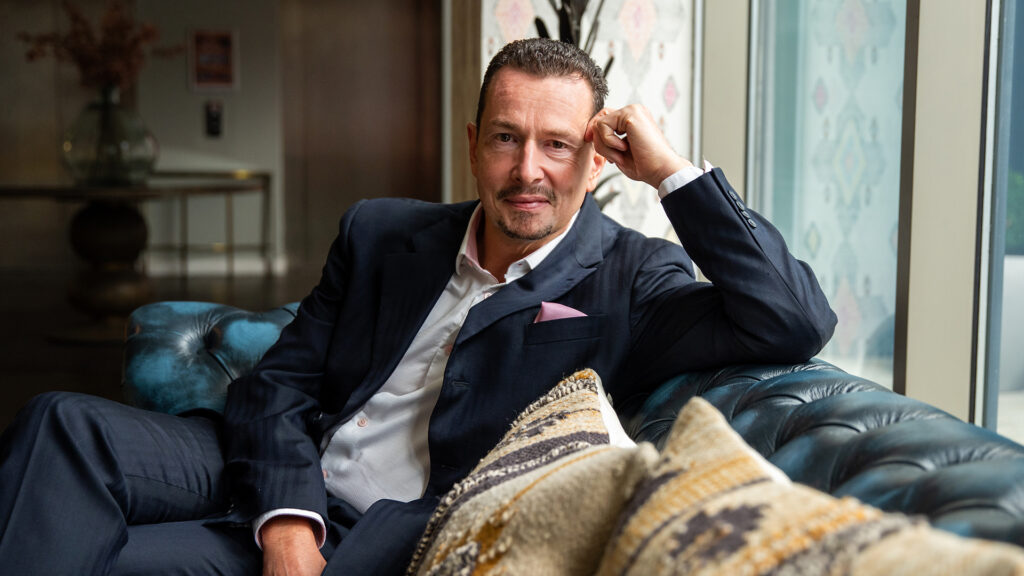What Does Courageous Leadership Look Like?
Professor Lynda Holt, CEO Health Service 360, Honorary Professor of Leadership University of Salford
The last few years have been ‘interesting’ to say the least. Most leaders have had some tough times, maybe done some soul searching, and probably felt that sense of futility – however fleetingly, that comes with trying to do the impossible with rapidly moving goalposts. If that’s you, welcome to the club, you’re human.
The real challenge is one of expectation. As a CEO, or senior leader, it can be tempting to focus on results, the bottom line, and keeping shareholders and clients happy. You might filter what you share, stay strong for others, and potentially finish up carrying a huge burden yourself. There’s a balance to be struck here, somewhere between expectation and what’s possible.
Often the expectations you place on yourself are way higher than what’s possible and probably higher than others expect of you. You can’t be all things to all people, and you know that, but when it comes to the demands you place on yourself there can be a disconnect. You will likely have some tough choices to make and some prioritising to do.
This is where courage comes in, not in a superhero, risking life and limb sort of way, but in a quiet, connected human way. It’s that ability to speak from your heart and lead with matters in a way that connects people, builds trust, and enables people to tackle the difficult stuff in a kind and respectful way. Courageous leadership is not about an absence of fear, but a commitment to taking action, even when you feel vulnerable, when you don’t have all the answers, and when it makes you unpopular.
Let’s be honest, the more senior you are the riskier being braver can feel, potentially because you have more to lose. You have two choices, you can stick with what you know, keep control and work really hard to maintain the status quo, while the world moves on around you. Or you can choose courage. Knowing which action to take, how to rock the boat when some movement is needed, and when to drop the anchor in turbulent times, comes with experience. The more courageous you are the more experience you gain, and critically, the more familiar you get with operating in uncertainty the less you react neurologically.
Professor Robert Sapolsky, the author of Behave, says every human action has a biological explanation, when we feel under threat we go into a physiological stress response – fight/flight if you like, in order to regain balance.
We know this right we’ve all experienced it – not just as leaders. The challenge comes when we can’t recalibrate – this stress response is designed to be transient, when we can’t regain homeostatic balance our stress hormones stay elevated.
Elevated stress levels literally make you less capable, and the executive function of your pre-fontal cortex reduces. Memory, judgement and impulse control decrease – or go out the window in some cases.
When you are more used to being courageous, your body will recognise the pattern, and if you trigger a stress reaction, you will recalibrate more quickly.
Even as a senior leader, the most important work you do will be on yourself. Here are a few things you can focus on to help build your courage muscle if you need to.
Start with yourself:
Be intentional about everything. It’s easy to get pulled off course, there are always more demands on you than there is time. Pay attention to where and how you are spending your time, pay attention to how you feel and how you show up, and pay attention to your results – in that order. The more connected you are to your purpose and your people, the more courageous you’ll become around your time, your impact, and your boundaries.
Focus on what you can control:
Sounds obvious, but it can be really easy to slip into the habit of blaming others, making excuses, or complaining about your lot. When you spend too much time on things you have no influence or control over you can quickly feel overwhelmed. It’s really hard to be brave or take the best action from here.
Sometimes the only thing you can control is you. You get to choose how you behave, how you treat those around you – it is 100% in your control. Choose wisely and stay true to yourself, remember leaders come in all guises.
The attitude you bring, and the way you behave sets the tone for those you lead. The overlap between what you say, and your behaviour, can create or destroy connection, it impacts how much people trust you, and therefore whether they feel safe, as well as how they behave.
Courageous leaders are realistically optimistic but don’t ignore the realities people are experiencing. Your job is to explore the possible – even if it falls short of your expectations, when you can see the possibility you can lead people toward something compelling. When you are drowning in unrealistic expectations this is what you, often inadvertently, pass on to your people.
Stay connected:
Most people want to people want to feel seen, heard, and valued, even when you don’t have the answers or can’t fix stuff. It takes courage to meet your people in this space, it can leave you feeling a bit impotent. Intention is your friend here, so manage yourself and your expectation, know you are showing up for them, not for yourself. It really doesn’t matter if you can’t fix it, but it absolutely matters that you are there, you listened, and you heard how they feel and what they are experiencing.
Compassion and kindness connect us as humans, judgement disconnects, so seek to understand, and respond from there, You never know, your people just might have the answer themselves, you are just the permission giver.
Look after yourself:
Kindness applies to you too, we can be pretty mean in how we treat ourselves sometimes. This is a great way to erode your courage. Don’t buy into the mental toughness trap. Resilience is about two things, refuelling and maintenance. You need to know what refuels you, it’s not the same for everyone. Once make sure you are putting enough fuel in for the demands of your journey and when you need a bit of maintenance or even a pit stop, take it.
This does two things, it keeps you emotionally agile and able to stay connected, and it gives your people permission to do the same.
In the end, courage is built through action, so just start, you may well exceed your own expectations and do something amazing.
About Professor Lynda Holt MA, RGN, DipHE, CPBP, FinstLM, FRSA
CEO, Health Service 360
Lynda is a prominent leadership voice, author and change activist in the healthcare sector. She established Health Service 360, an award-winning development consultancy, back in 2001 and spends her time helping leaders and health professionals to lead courageously, make tangible change, value themselves, and empower their people.
She believes it is each of us, not big organisations, religions, or governments, that change the world, – little action by little action, and as a Professor of Social Leadership at the University of Salford, Lynda helps to equip people with the skills and mindset needed to act and create social change.
Follow Lynda on:
Twitter: @LyndamHolt
LinkedIn: https://www.linkedin.com/in/lyndaholt/


Stay updated with our latest publications.
Discover Issues
See how we can help you grow in the online space!
Advertise With Us
We can help promote your business.
Find Out More




